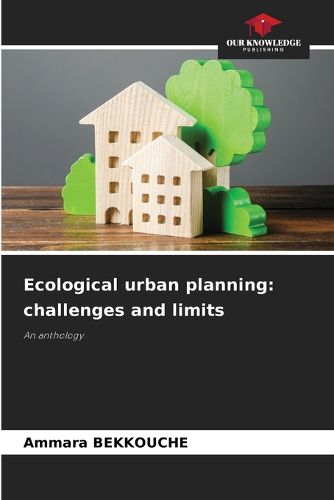Readings Newsletter
Become a Readings Member to make your shopping experience even easier.
Sign in or sign up for free!
You’re not far away from qualifying for FREE standard shipping within Australia
You’ve qualified for FREE standard shipping within Australia
The cart is loading…






This book is part of an evolutionary process of paradigm shift in urban planning thinking in the Anthropocene era. It explores the theoretical advances inherent in environmental planning concepts centered on the urban/rural antagonism. How can this duality be harmonized, given that urban sprawl is compromising the resources of future generations? The innovative approach hypothesis argues that the test of constraints motivates creative postures stimulated by the concepts of biodiversity, recycling, global cost and citizen participation. In short, ecological urbanism fluctuates between the challenges of optimizing the commons and the limits of consumerism. Beyond demographic issues, it puts into perspective the notions of minimalism as a consequence of the ecological transition, urban resilience and its corollary frugality, extending the reflection to a global scale and to all living things. Echoing the circular economy and care, their connection to nature aims to better manage social mixing and the balance between the material and the spiritual.
$9.00 standard shipping within Australia
FREE standard shipping within Australia for orders over $100.00
Express & International shipping calculated at checkout
This book is part of an evolutionary process of paradigm shift in urban planning thinking in the Anthropocene era. It explores the theoretical advances inherent in environmental planning concepts centered on the urban/rural antagonism. How can this duality be harmonized, given that urban sprawl is compromising the resources of future generations? The innovative approach hypothesis argues that the test of constraints motivates creative postures stimulated by the concepts of biodiversity, recycling, global cost and citizen participation. In short, ecological urbanism fluctuates between the challenges of optimizing the commons and the limits of consumerism. Beyond demographic issues, it puts into perspective the notions of minimalism as a consequence of the ecological transition, urban resilience and its corollary frugality, extending the reflection to a global scale and to all living things. Echoing the circular economy and care, their connection to nature aims to better manage social mixing and the balance between the material and the spiritual.